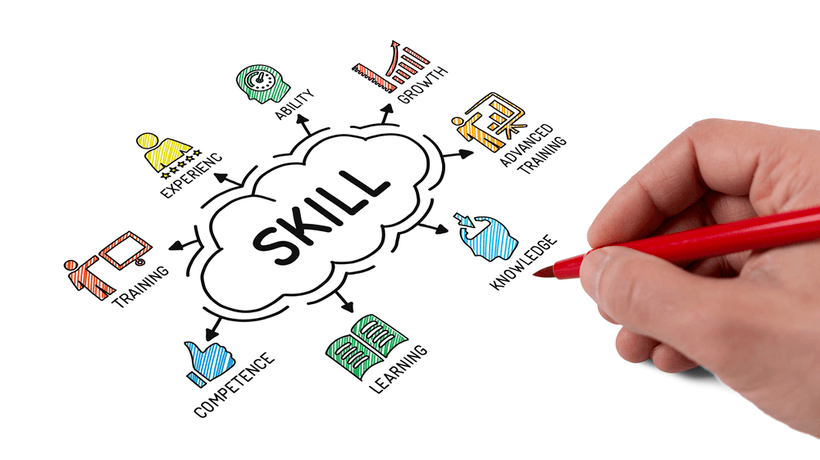In an era marked by rapid technological advancements, shifting market dynamics, and evolving consumer preferences, the landscape of professional domains is constantly in flux. In such a dynamic environment, the notion of a static skill set is not just outdated.
—it's detrimental. The imperative today is continuous learning and upskilling. Let's delve into the myriad benefits this proactive approach offers in today's fiercely competitive arena.
1. Future-proofing Careers:
Technological disruptions are reshaping industries at an unprecedented pace. Roles that were once pivotal might become obsolete, while new, unforeseen positions emerge. Continuous learning ensures that professionals remain abreast of industry shifts, allowing them to pivot when necessary and stay relevant in their careers.
2. Enhancing Employability:
Employers today seek candidates who exhibit agility and a penchant for learning. A commitment to continuous upskilling not only showcases a professional's dedication but also augments their employability. In a competitive job market, individuals who demonstrate a proactive approach to learning often have a distinct edge.
3. Driving Innovation:
Continuous learning fosters a culture of curiosity and innovation. As professionals acquire new skills and knowledge, they bring fresh perspectives to the table. This infusion of novel ideas can catalyze innovation within organizations, driving growth and differentiation in saturated markets.
4. Adapting to Technological Advancements:
The Fourth Industrial Revolution, characterized by technologies like AI, IoT, and blockchain, is fundamentally altering business paradigms. Continuous upskilling ensures that professionals are equipped to leverage these technologies, harnessing their potential to drive efficiency, scalability, and innovation.
5. Enhancing Job Satisfaction and Engagement:
Continuous learning is intrinsically linked to personal growth and fulfillment. As professionals expand their skill sets and undertake new challenges, they often experience heightened job satisfaction. This sense of fulfillment translates into increased engagement, with employees exhibiting greater commitment and enthusiasm towards their roles.
6. Mitigating Career Plateaus:
Without continuous learning, professionals risk reaching career plateaus. These plateaus, marked by stagnation and limited growth prospects, can hinder professional advancement. Upskilling provides avenues for progression, opening doors to new opportunities and challenges.
7. Building Resilience:
In an uncertain economic landscape, resilience is a coveted trait. Continuous learning cultivates resilience by equipping professionals with diverse skill sets. This versatility ensures that individuals can navigate challenges, pivot during adversities, and capitalize on emerging opportunities.
8. Fostering a Learning Culture:
Organizations that prioritize continuous learning often foster vibrant learning cultures. Such environments encourage knowledge sharing, collaboration, and mentorship, creating ecosystems where both individual and organizational growth are paramount.
Conclusion:
In today's hyper-competitive environment, continuous learning and upskilling are not mere luxuries; they are imperatives. They empower professionals to navigate complexities with confidence, drive organizational growth, and carve pathways to sustained success. As the adage goes, "The illiterate of the 21st century will not be those who cannot read and write, but those who cannot learn, unlearn, and relearn." Embracing continuous learning is the cornerstone of thriving in today's ever-evolving professional landscape.



